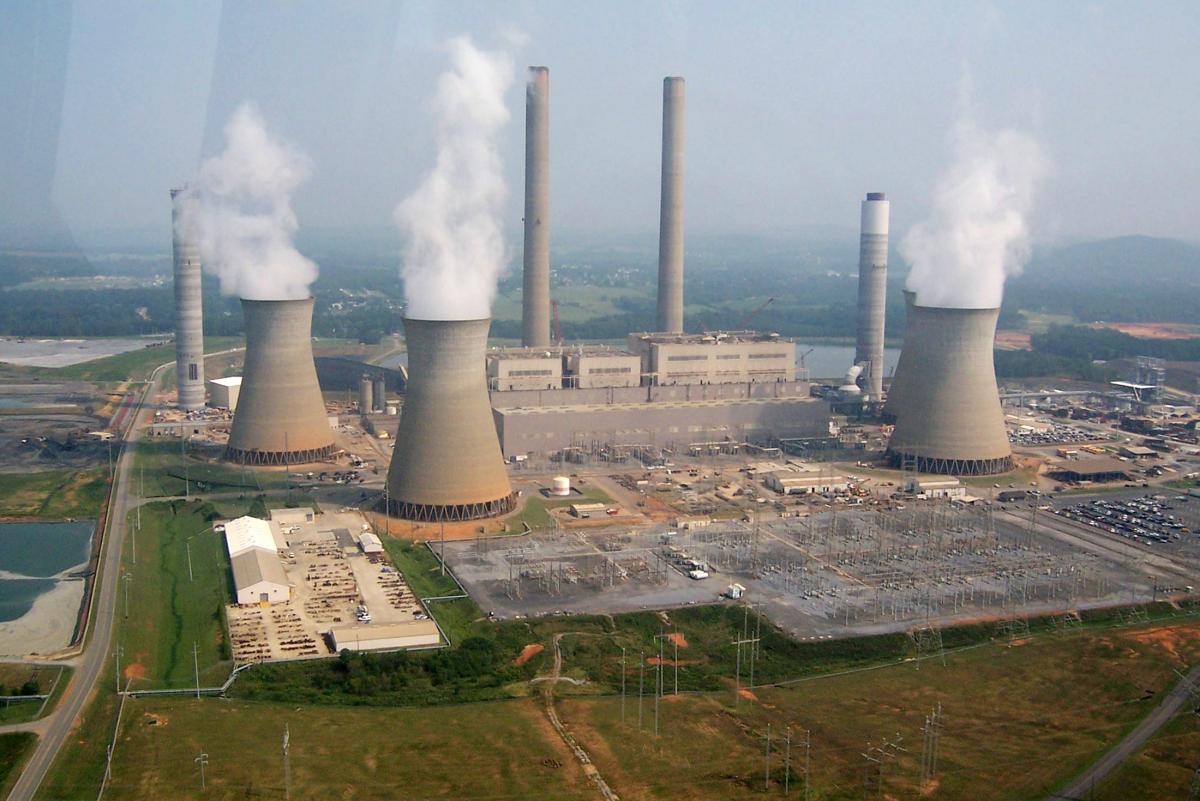11 Dec 2024

Tired Earth
By The Editorial Board

Almost every coal-fired power plant in the US is contaminating groundwater with unsafe levels of toxic pollution, according to the first comprehensive analysis of the consequences of coal ash waste disposal.
Of the 265 US power plants that monitor groundwater, 242 have reported unsafe levels of at least one pollutant derived from coal ash, which is the remnants of coal after it is burned for energy. More than half such facilities report unsafe levels of arsenic, a carcinogen linked to multiple types of cancer, with 60% finding elevated lithium, which is associated with neurological damage.
In all, nine out of every 10 coal plants with reportable data have tainted nearby groundwater with at least one coal ash pollutant, with a majority having unsafe levels of at least four different toxins.
“The pollution is basically everywhere you look,” said Abel Ross, attorney at the Environmental Integrity Project (EIP), which compiled the analysis based on reports issued by individual power plants. “The major concern is that this could be a problem for decades or centuries because once the pollutants leech from the coal ash into the water, they are hard to get out.”
The coal plants included in the analysis represent roughly three quarters of all coal facilities in the US, with the remainder either having shut down their coal ash dumps or being exempted from reporting requirements.
American coal plants produce around 100m tons of coal ash each year, with at least 2bn tons stored in pits of varying quality. Most coal ash pits are ageing and not lined with a protective substance that would prevent the ash seeping into streams and rivers.
Spurred by disasters such as that at the TVA Kingston Fossil Plant in Tennessee, where a containment dike ruptured in 2008 and spilled ash that smothered a huge area resulting in several hundred dead or sickened people, the Obama administration moved to tighten the regulations around the disposal of coal ash.
The so-called Coal Ash Rule, introduced in 2015, required power companies to monitor groundwater from wells near ash dumps and make the data public. Since May 2018, information from more than 550 individual coal ash ponds has been made available.
These regulations were eased, however, by the Trump administration. In July, the Environmental Protection Agency extended by 18 months the time that industry can use unlined coal ash ponds for dumping. The move would “provide states and utilities much-needed flexibility in the management of coal ash” and save utility companies as much as $31m a year, according to Andrew Wheeler, confirmed as EPA administrator this week.
Widespread pollution spread by coal ash dumps should act as “a wake-up call for the nation”, said Lisa Evans, senior counsel with Earthjustice, which assisted with the report.
“Using industry’s own data, our report proves that coal plants are poisoning groundwater nearly everywhere they operate,” Evans said. “The Trump administration insists on hurting communities across the US by gutting federal protections. They are making a dire situation much worse.”
People who draw their water directly from backyard wells are most at risk from any groundwater pollution, although environmentalists argue that allowable levels of certain toxins in treated drinking water are too lax and also pose a risk.
A stew of pollutants emanate from coal ash, including cadmium, cobalt, chromium and lead, as well as arsenic and lithium. These toxins are linked to a range of health conditions, including cancers, kidney damage and developmental problems.
According to the EIP report, the site with the worst contamination is found next to the San Miguel power plant near San Antonio, Texas. Coal plants in North Carolina, Wyoming, Pennsylvania, Tennessee, Utah, Maryland, Mississippi and Kentucky round out a list of the 10 worst polluters.
Some states, such as Georgia and Missouri, have acted to eliminate leaky coal ash dumps but Ross said the EPA should act much quicker to ensure they are fully phased out.
“We’ve never really been happy with the EPA’s approach to this but now it is run by a coal lobbyist we are even more skeptical,” Ross said, referring to Wheeler’s former employment. “Over the long term it’s going to become clear the EPA needs to be stronger and do something, but that probably won’t happen under this administration.”
Source : www.theguardian.com
Comment